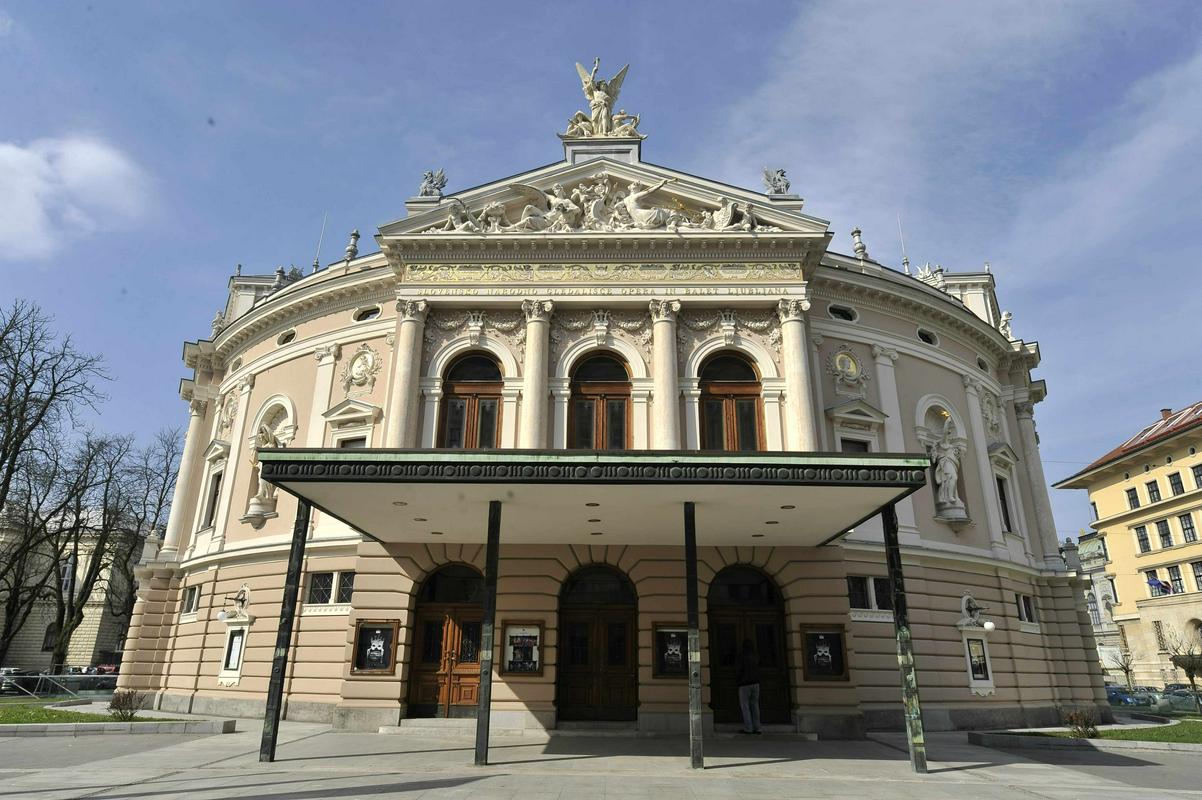
Korošec was born in 1920, the son of a coalminer in the town of Zagorje. He grew up in difficult circumstances; he was one of five sons and his father died when the young Ladko was only four. But both of his parents had been musically inclined; they performed in a performing group operated by the mining company, and they passed on their musical bug to their son.
Korošec eventually moved to Ljubljana, where he finished his studies. He loved performing and was determined to become an actor, but when he began auditioning, he received rave reviews for his deep, melodious voice. It quickly became apparent that he had the rare ability to combine his tremendous acting and singing talents.
After several years with the Ljubljana Drama Company, Korošec joined the Slovenian Opera. Over the years, he performed many leading roles in classical operas, ranging from Sancho Panza in Don Quixote to Leparello in Don Juan. Few Slovenian singers of any era could compete with Korošec in terms of either popularity or range. By his estimate, he performed more than 4000 times over the course of his career and he famously remarked that he would keep on singing for the rest of his life.
He frequently toured other European countries, and during his visit to Paris, the local press hailed him for his wide range of emotions. But even though Korošec had become a major star of the stage, he still regularly returned to his native Zagorje, where he sang for the miners.
For his work, Korošec received the prestigious Prešeren Prize three times and was awarded the Betetto Prize for achievement in music – an award named after his onetime professor. The opera star who never forgot his roots died in 1995 at the age of 74. Today, a small museum in Zagorje is devoted to the coalminer’s son whose singing reached out to thousands.

































































